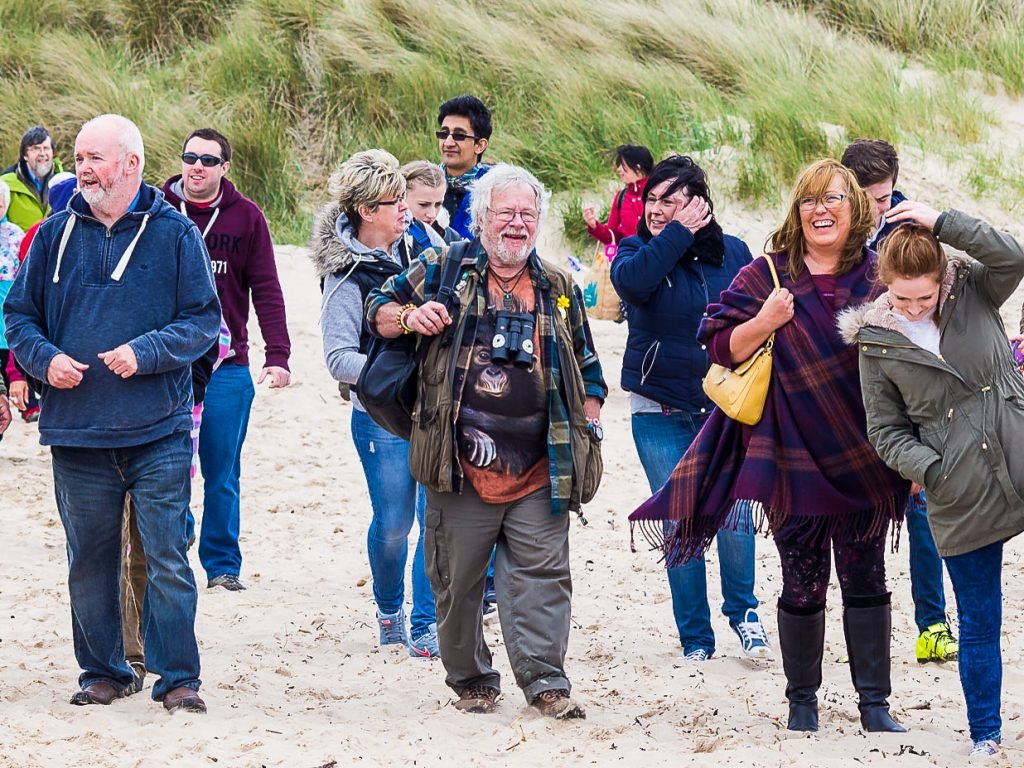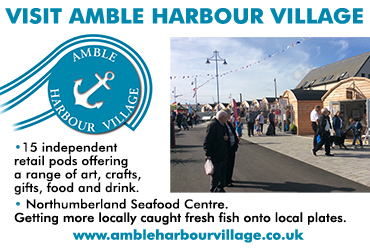The battle of Druridge Bay
On the road to Druridge is a plaque commemorating a victory won over 20 years ago. People battled against plans to build a nuclear power station in the middle of the Bay. They won but now Druridge Bay is the site of another battle. The same arguments for and against the nuclear power station are being used in the fight over a proposed opencast coal mine.
Just as the Brexit debate has split our country down the middle, the proposed Highthorn mine has torn a rift in our community with passionate voices speaking on both sides.
The Banks Group from County Durham want to excavate three million tonnes of coal, possibly expanding this to seven million. They say they will invest in the local area, bringing much needed jobs as well as restoring the area to farmland afterwards. They are supported by Northumberland County Council who voted the plans through with no objections and by those who see employment opportunities.
In opposition is the residents’ group as well as people from further afield who are represented under the title ‘Save Druridge’. They have gained active support from almost all major national political parties including a group of Britain’s most respected climate and ecology scientists and Friends of the Earth. Well known figures including Bill Oddie, Natalie Bennett and Caroline Lucas M.P. both from the Green Party, Berwick M.P. Anne-Marie Trevelyan and Julie Pörksen of the Lib Dems have all lent their voices to the fight against the mine.
The counter-arguments are that it will cause irreversible ecological damage to the Druridge Bay area, release climate change gasses and destroy local businesses with the resulting loss of dozens of tourism-based jobs. They are concerned about the increase in HGV traffic on the A1068. Damage to the health of people is a worry too, with opencast mine proximity being linked to both brain and bowel cancer and asthma. They also doubt Banks’ claim it will bring jobs to the area, pointing out that 90 miles to the north-west, Banks is closing its Rusha Mine prematurely because there is no demand for the coal. Experienced mine workers there plan to move here should the mine go ahead.
The UK government took the decision away from the Council with a public inquiry being held instead. Councillors are unhappy about this unprecedented move understandably as it may be seen by voters to reflect upon their credibility and decision making capability. Local elections are in May!
The inquiry looks at how the proposed mine coheres and complies with various Government policies and strategies: climate change, low-carbon energy, conserving and enhancing the natural environment, the phasing out of coal fired power stations, the sustainability of the mineral extraction and any other matter the inspector considers relevant will be taken into account before a final decision is made.
Campaigners see the remnants of the global coal industry collapsing, heralding the end of this Carbon Age, an age that caused the loss of wildlife in the last 40 years. Pro-mine campaigners see profits to be made and jobs for a few more years and there is real sentimentality towards mining locally. Whether or not it is approved, whether we want the mine or not, we are living through what will become a fascinating piece of history. I wonder how historians will look back on the Battle of Druridge Bay?
Ivor Rackham
Local Green Party Officer and Environmental Campaigner













One thought on "The battle of Druridge Bay"
Comments are closed.